detail profile hans ulrich laufer
Peran Yang Di Mainkan Hans Ulrich Laufer
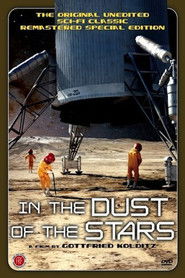 A radio signal attracts a team...
A radio signal attracts a team...In the Dust of the Stars 1976
A radio signal attracts a team of astronauts to a mysterious planet. Once there, they are warmly welcomed by an alien race, but are soon suspicious of what is really occurring on this strange land.
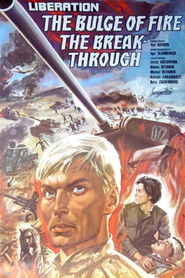 The Fiery Arc tells of a...
The Fiery Arc tells of a...Liberation: The Fire Bulge 1970
The "Fiery Arc" tells of a grandiose battle on the Kursk Bulge in the summer of 1943. Here was the largest tank battle in the history of World War II. Along with the personal fate of the heroes, the film shows battle scenes, the activities of headquarters and intelligence, those who worked at the front and in the rear.
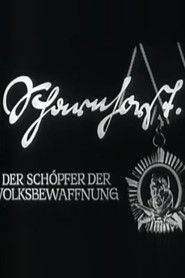 Scharnhorst who said that the army...
Scharnhorst who said that the army...Scharnhorst - Der Schöpfer der Volksbewaffnung 1969
Scharnhorst, who said that the army should march at the forefront of progress, is one of the NVA's role models. The film uses historical material to cover the years 1806 to 1813, the Battle of Jena and Auerstädt and the Battle of Leipzig.
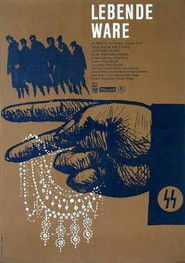 In 1944 SSObersturmbannfhrer Becher arrives in Budapest...
In 1944 SSObersturmbannfhrer Becher arrives in Budapest...Lebende Ware 1966
In 1944, SS-Obersturmbannführer Becher arrives in Budapest in order to obtain material for the Waffen-SS. At the same time, he starts to gather private property by offering an insidious choice to the corporation′s Jewish majority shareholder, Dr. Chorin: Either Chorin assigns the company to Becker "on his own free will" – thereby obtaining the permission to travel abroad - or he his family will end up in an extermination camp.
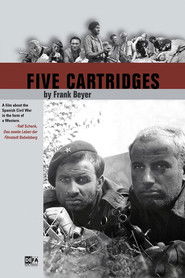 It is the year 1936 and the...
It is the year 1936 and the...Five Cartridges 1960
It is the year 1936 and the Spanish Civil War is raging. When the German commander of an international brigade is badly wounded he gives his five comrades a message which he divides up and secretes into in five cartridges. All five shells must reach the battalion in order for the message to be relayed. But Frenchman Pierre can’t bear the heat of the Sierra. When he leaves their hide-out to drink from a well he is hit by an enemy bullet.
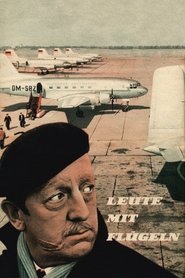 This film continues the story of...
This film continues the story of...People with Wings 1960
This film continues the story of radio operator Ludwig Bartuschek from “The Sailor’s Song”. Near the end of the Weimar Republic, Bartuschek (Erwin Geschonneck) is working as a mechanic in the Sperber airplane plant. Director Dehringer offers him the opportunity to train as an airplane constructor if he is willing to give up his communist beliefs under oath. Bartuschek will not allow himself to be bought and instead joins the underground resistance movement.
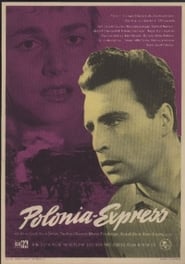 Railway employee Fritz Marr is not...
Railway employee Fritz Marr is not...Polonia-Express 1957
Railway employee Fritz Marr is not regarded well by his superiors. It is the year 1920, and trains regularly pass the railway hub of Erfurt to the East to secretly transport weapons for the fight against the young Soviet Union. Marr knows about this and wants to mobilise other workers to stop these illegal deliveries. To muzzle him, Marr is relocated to a remote rail work construction site.
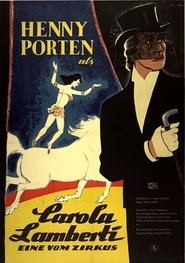 Carola has been running the familyowned...
Carola has been running the familyowned...Carola Lamberti 1954
Carola has been running the family-owned circus alone since her husband’s death, but she suddenly finds herself at odds with her three adult sons who are also performance artists and want to have a say in how the business is run. The family discord leads Carola to turn her back on the circus, leaving the three inexperienced sons in charge. This turn of events forces the family to learn to work together or face bankruptcy.

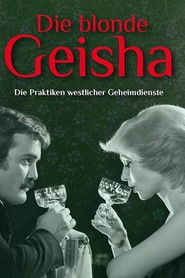
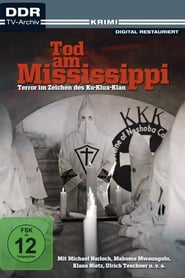
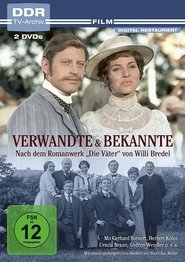
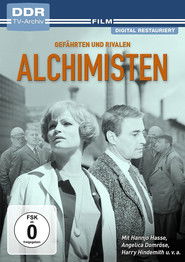
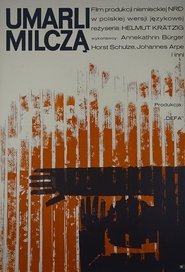
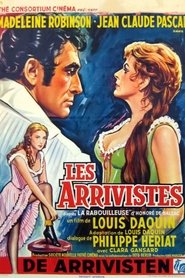 The machinations of an exofficer and...
The machinations of an exofficer and...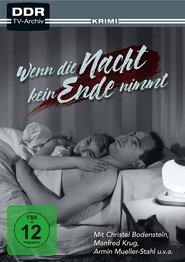
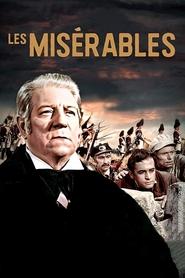 In 19th century France Jean Valjean...
In 19th century France Jean Valjean...